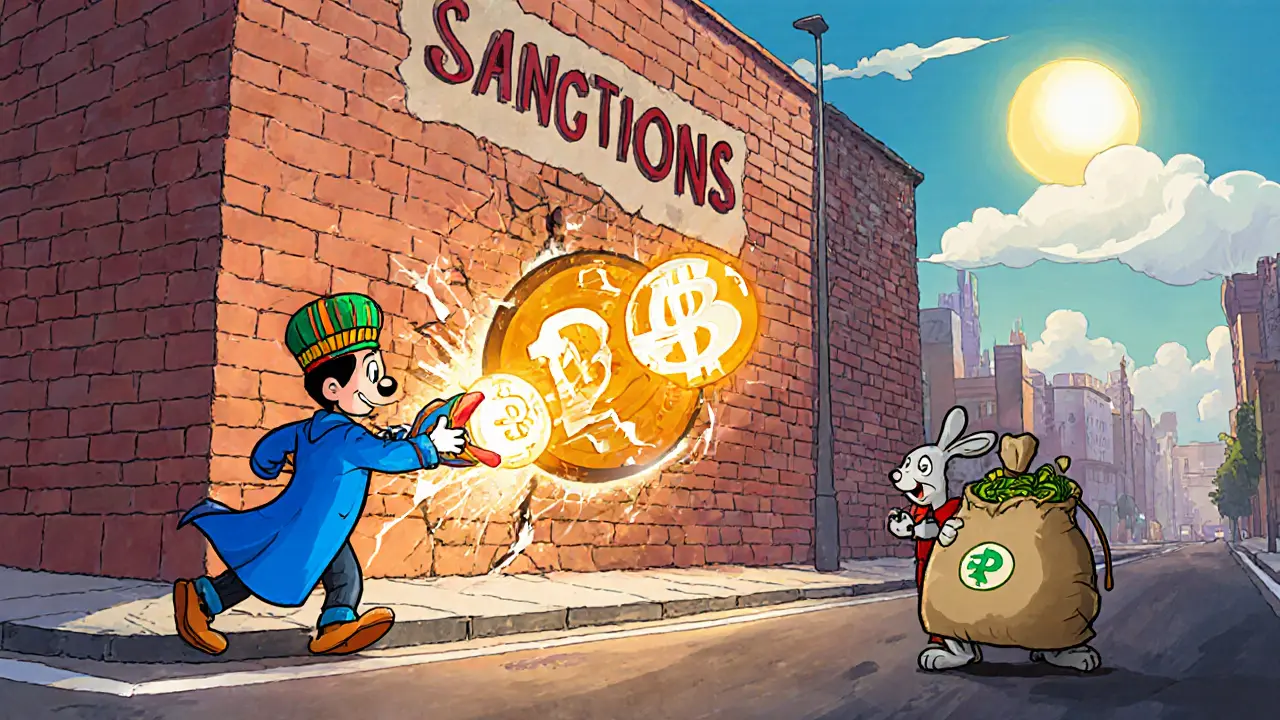Sanctions in Crypto: Understanding the Rules and Risks
When dealing with sanctions, government‑imposed restrictions that limit financial activities, trade, or access to assets. Also known as economic sanctions, they shape how crypto markets operate. At the same time, anti‑money‑laundering (AML), rules that force firms to monitor and report suspicious transactions and SEC enforcement, U.S. regulator actions that penalize illegal crypto activities create a compliance landscape that exchanges and traders must navigate. Financial compliance, the practice of adhering to legal standards across jurisdictions ties all these elements together, while crypto regulations, national rules governing digital assets and blockchain services define the broader framework. Together, these entities form the backbone of the crypto‑sanctions ecosystem.
Why Sanctions Matter for Blockchain Projects and Traders
Sanctions affect crypto exchanges by forcing them to freeze wallets linked to prohibited entities, which in turn requires robust AML screening tools. This relationship creates a clear semantic triple: Sanctions → require → AML checks. Another triple emerges when regulatory bodies enforce penalties: SEC enforcement → influences → sanctions compliance strategies. Projects that ignore these rules often face token delistings, illustrating the triple: Non‑compliance → leads to → exchange bans. Moreover, financial compliance departments rely on real‑time sanction lists to update smart contract filters, establishing the connection: Real‑time sanction data → enables → automated compliance. These dynamics push developers to embed geofencing and watchlist modules directly into protocol code, turning compliance from an after‑thought into a core feature.
For investors and developers, the practical takeaway is clear: stay informed about the latest sanction announcements, use reputable compliance APIs, and regularly audit on‑chain activity for red flags. The articles below break down real‑world examples—from how fast finality can be compromised by sanction‑induced network forks to detailed reviews of exchanges that have successfully navigated regulatory pressure. You’ll also find guides on implementing multi‑factor authentication to guard against sanctioned account breaches and deep dives into regional frameworks like ADGM’s crypto rules. All this content equips you with the knowledge to spot risk, adjust strategies, and keep your portfolio on the right side of the law as the sanctions landscape evolves.

